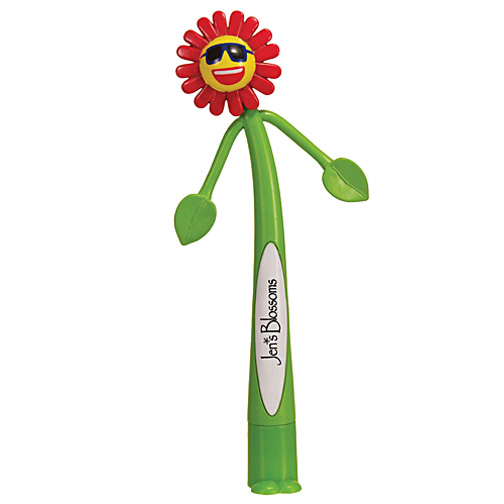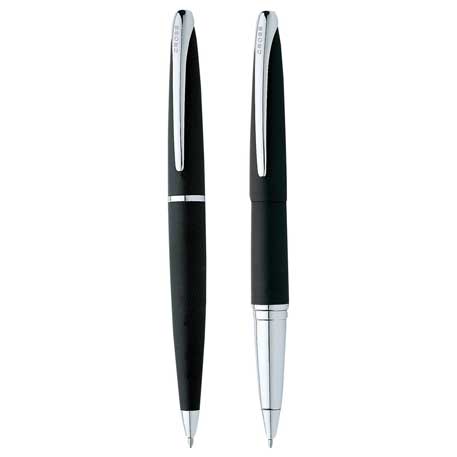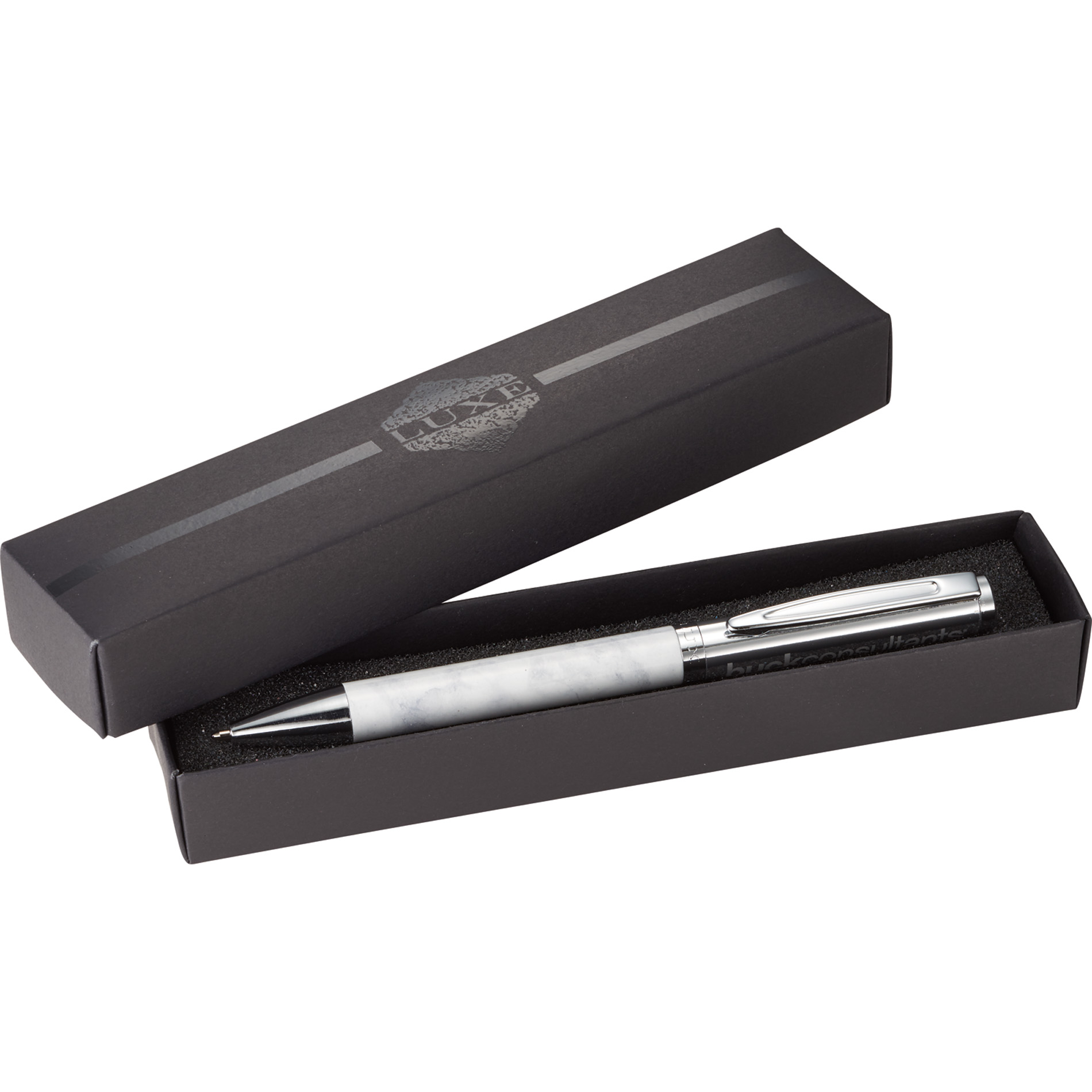Promotional pens are the most popular promotional product in the world. Open up a random desk drawer, and you will probably find at least one promotional pen with a company name and phone number on it.
Why are promotional pens so popular?
Pens are one of the most economical options available. Pens can cost as low as 27 cents each, providing a low-cost way to market a business or organization. Furthermore, pens are useful and likely to be kept.
The drawback to promoting a business with pens is that everyone else is doing it. So, how can a business make its promotional pen stand out?
Don’t just go with any pen. Choose the best promotional pen to suit marketing needs and to impress the target audience.
Here are some examples of different audiences a company may want to target, and the best promotional pens to reach these audiences.
Young Adults
Millennials care about the environment, and 72% of them are willing to pay more for products they see as eco-friendly. Any business looking to target the younger generation should consider a recycled cardboard pen. Not only does it show that a business cares about the planet, but it also is a pen that will definitely stand out from the rest with its unique look.

Children and Parents of Young Children
Try a fun, crazy pen for kids, or for parents to share with their children. We love this Flower Bend-a-Pen. It features a bendable body and arms, and the feet work as both a stand and a cap. Customize it with a logo or message to create a lasting impression on clients with children.
 Tech Savvy
Tech Savvy
Potential clients who spend more time using a tablet or smartphone than writing on actual paper will appreciate a pen and stylus combination. The Bic Honor Stylus Pen is a great choice, featuring stylish color accents.
 Teachers and Writers
Teachers and Writers
People who write with a pen often will appreciate a pen that not only looks great, but also writes well. The Bic Gel-Ocity pen features smooth, vivid gel ink.
 Luxury Seekers
Luxury Seekers
Giving a boxed, luxury pen set as a gift will show a client appreciation and value. This cross pen set has a contemporary, chic style. Featuring an ergonomic design coupled in both a ballpoint and roller ball silhouette, the deep, sophisticated basalt black finish reflects contemporary fashion for modern metals. Superior black Cross® ink cartridges, premium gift packaging and lifetime mechanical guarantee complete the writing experience.

Festival Attendees
Whether it will be given away at a booth, or in a swag bag for attendees, a fun, unusual pen is a must-have for any type of festival, holiday event, or concert. A groovy, colorful mood pen is a great choice. Plastic mood grip changes color with the heat of your hand. Comes with chrome trim and bright white barrels. A fun and flashy way to get exposure!
 Fashionable
Fashionable
A stylish promotional pen is perfect for fashion and retail brands. For the modern, sleek look try the Luxe Carrara pen. On trend marble pattern completes the bottom barrel. Shiny polished chrome upper barrel. Subtle Luxe branding on center band. Pen includes premium black ballpoint ink. Includes Luxe gift packaging.

For a more trendy and colorful look, try the Silver Jubilee pen and stylus. It features a chrome body with stylish, colorful accents, including a rubber grip dot pattern.

Like this:
Like Loading...









































 Have you noticed that Sundance has had a makeover? We have a new logo, a new look, and a
Have you noticed that Sundance has had a makeover? We have a new logo, a new look, and a
